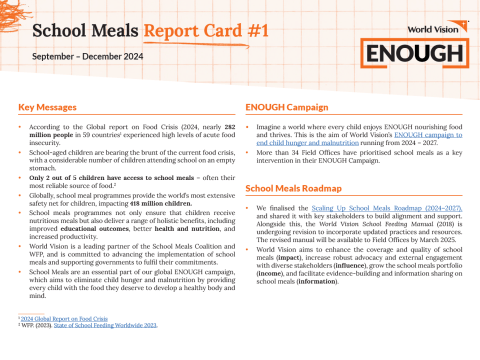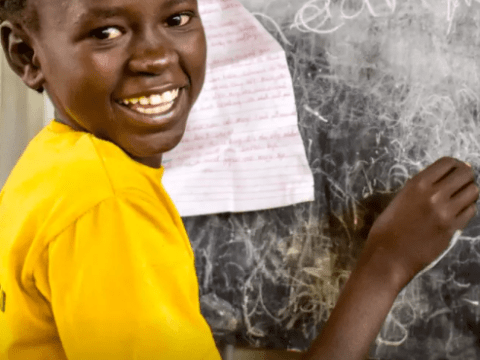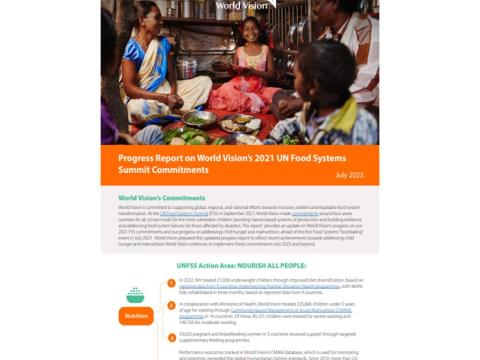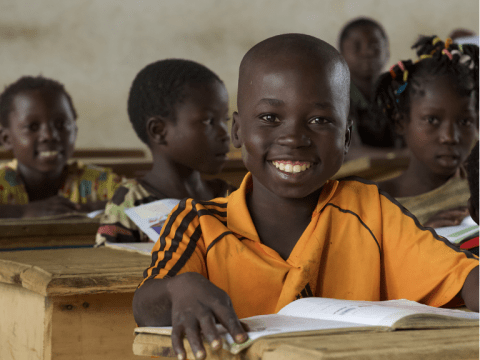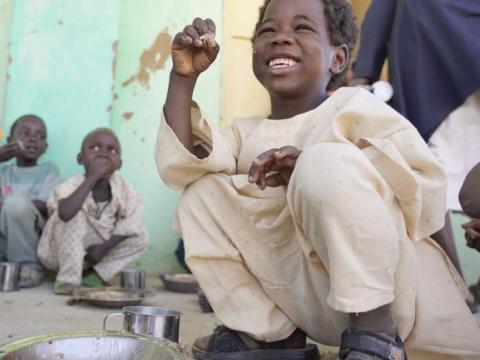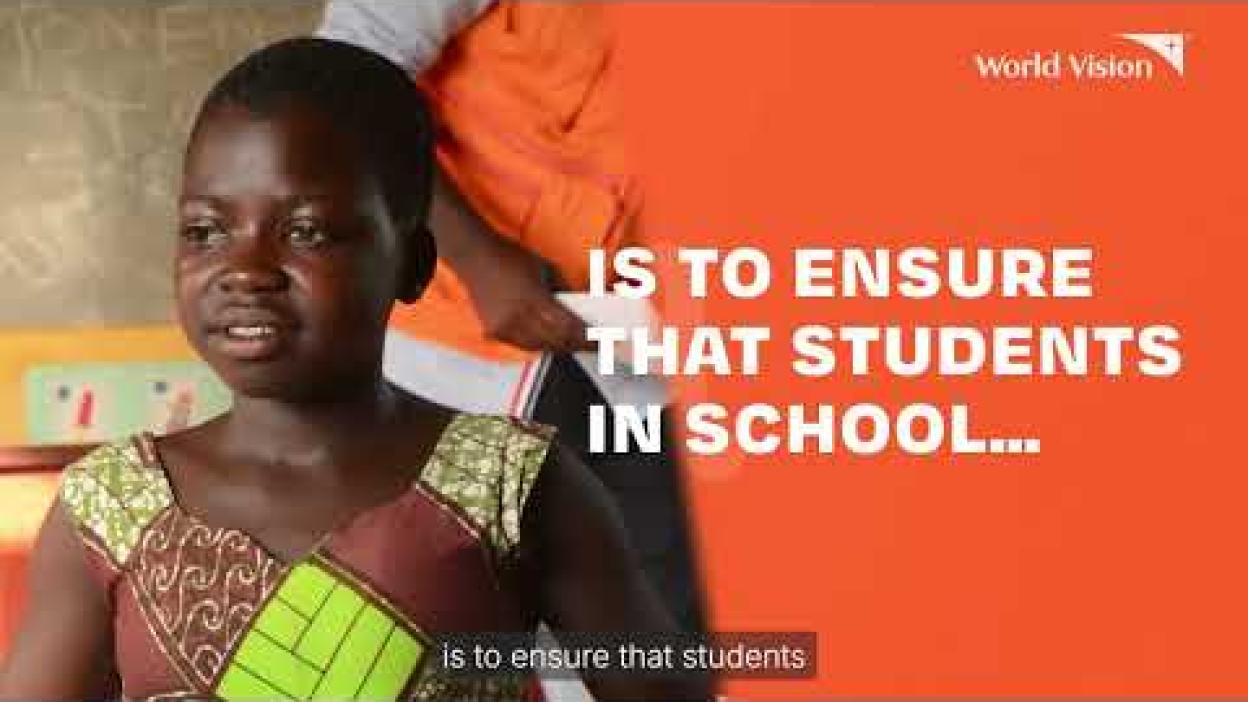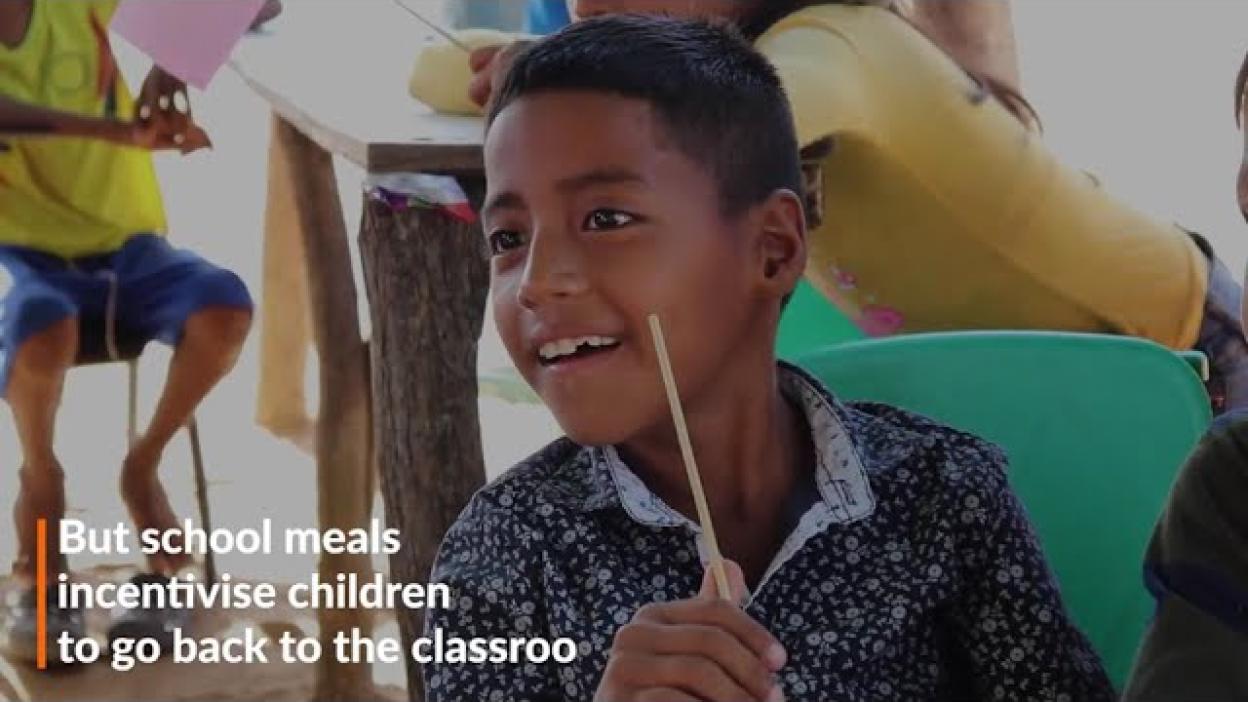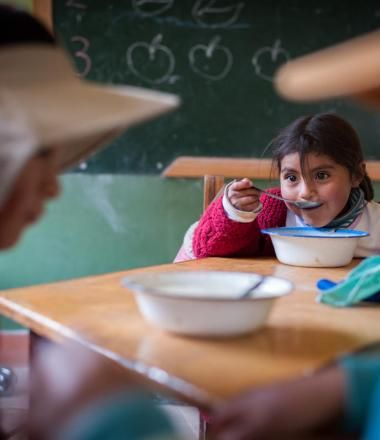
School Meals
The Reach of World Vision's School Meal Programmes
The World's largest safety net for children
World Vision's holistic approach to School Meals is a proven success, integrating Education, Nutrition, Health, WASH, Livelihoods, Gender, PSEA, and Child Protection to support vulnerable children. We collaborate with governments and partners including the World Food Programme (WFP), McGovern-Dole Food for Education, and Education Cannot Wait to ensure the successful delivery of school meals to the most vulnerable children, supporting them and their communities.
As a key partner in the School Meals Coalition, we are actively shaping the global agenda for school meals programming, focusing on building strong safety nets for vulnerable children across the Humanitarian-Development-Peace Nexus. Our efforts span across over 20 countries, where we work with national governments and local communities providing technical support and advocating for sustainable school meals.Together, we are serving as a beacon of hope to children and their families, not only addressing immediate needs but also contributing to the resilience of communities affected by the global food crisis.
With 349 million people, including 153 million children, facing starvation in 79 countries, school meal programmes are a vital lifeline. These programmes not only provide crucial nutrition but also contribute to climate action and food system transformation.
Recent Updates
418 million
41%
4 million
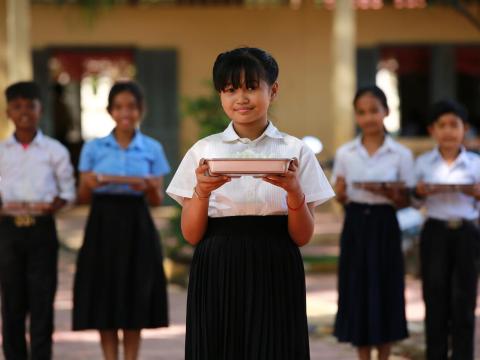
Working with UN partners, donors, governments, local communities and other NGOs/CSOs, World Vision aims to assure access to nutritious food for school-aged children by:
- Contributing to the improvement of primary school enrolment, stabilization of attendance rates, and reduction of afternoon absenteeism.
- To improve children's capacity to concentrate and assimilate
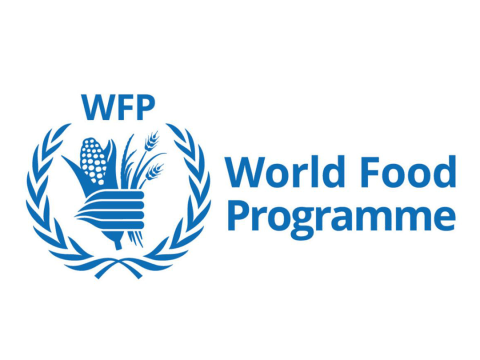
View on Partnerships: World Food Programme
Together, World Vision, WFP and partners provide assistance to disaster-affected people to save lives, improve health and education, and empower vulnerable communities to become self-reliant, now and
